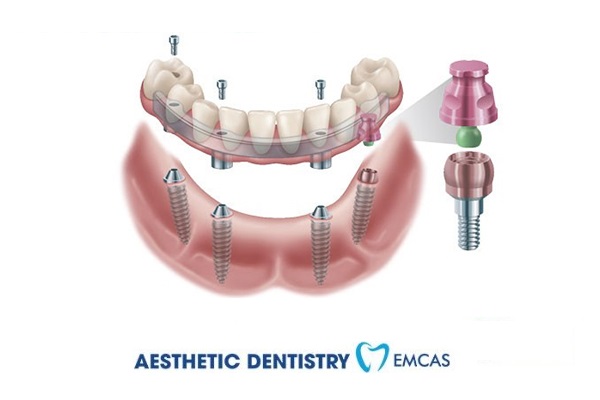If cared for properly, dental implants can last just as long as normal healthy teeth. To make sure you get the most out of your implant and that it heals successfully, we’ve put together the following advice:
48 hours after placement: The first hour after surgery, keep firm but gentle pressure on the gauzepacks with your teeth, keeping them in place. Make sure not to change out the gauze until after that first hour, unless you have heavy and persistent bleeding. After that, change the gauze every 30 to 45 minutes.
To help your recovery go smoothly and to avoid complications make sure to follow these tips:
🔶 Don’t disturb the surgical areas
🔶 Brush your teeth the night of surgery with a gentle toothbrush
🔶 After the first 24 hours, rinse with salt water 2-3 times a day
🔶 Rest
🔶 Apply ice if needed
On the second and third days after the procedure, continue caring for your whole mouth. You may notice discoloration or bruising around the surgical areas, but this is normal and should last for 2-3 days. One other thing you may want to consider is altering your diet, incorporating less acidic foods, softer foods, and nutrient-rich drinks and foods. After a few days, you can apply gentle heat to the area to decrease the discoloration and bruising. It's also possible that the area may bleed; this is nothing to worry about. If the bleeding cannot be stopped with light pressure, contact your dentist as soon as possible.
For two weeks after having your implant fitted, you must rinse the area with antiseptic mouthwash (which your dentist can recommend to you) morning and night for one minute. You’ll also need to rinse your mouth with warm water after every meal.
Once your implant has been fitted and has fully healed, your implants and replacement teeth should work the same as natural teeth. You’ll be able to eat all your favourite foods, just as you would with normal healthy teeth. It’s important to keep up good oral health to make sure you get the maximum lifespan out of your implant. Make sure you brush your teeth at least twice a day and floss regularly.
Follow up care: A professional periodically will need to thoroughly clean the threads of the implant, the surrounding tissue, and your natural teeth. This helps keep away bacteria, which can lead to an infection. Plus, it’s good for the dentist to inspect the overall condition and alignment of the implant.
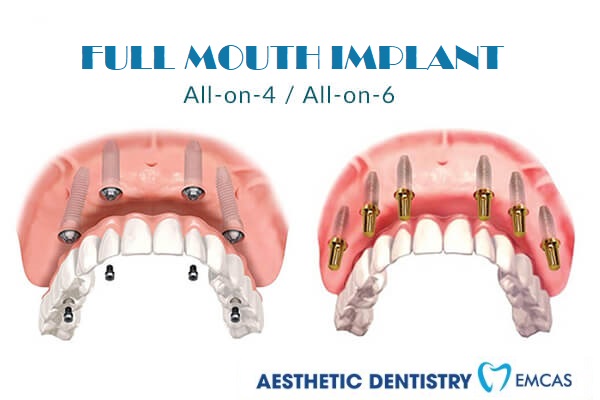
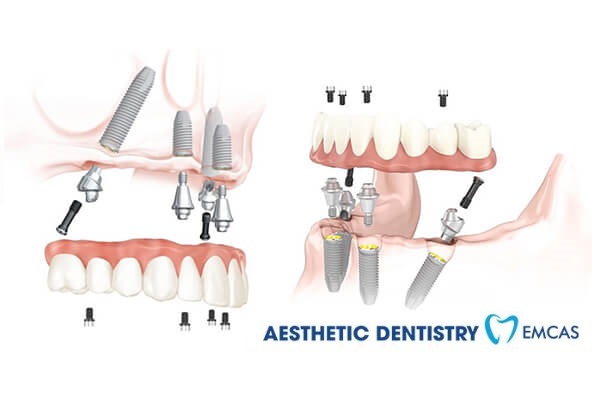
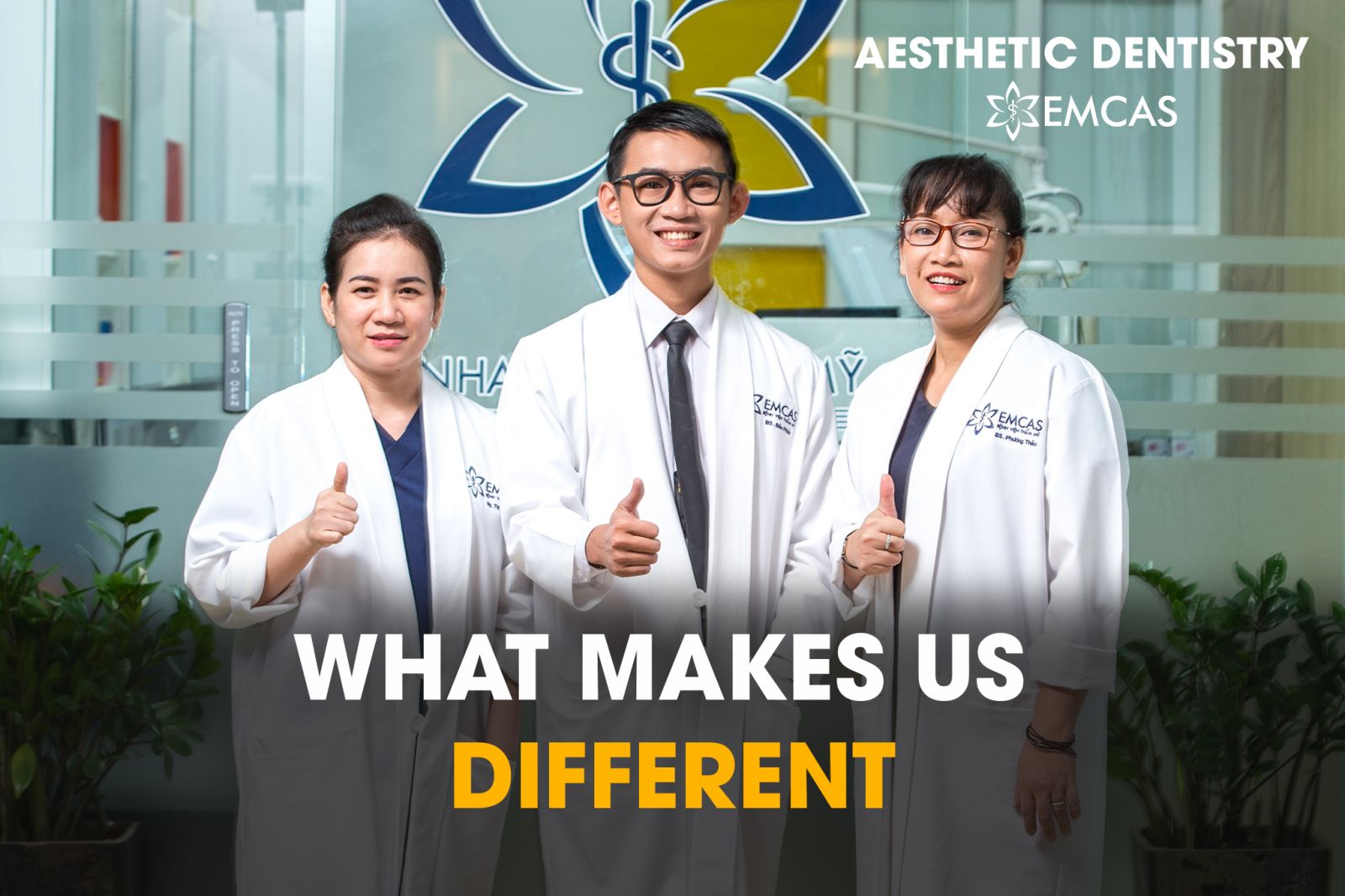


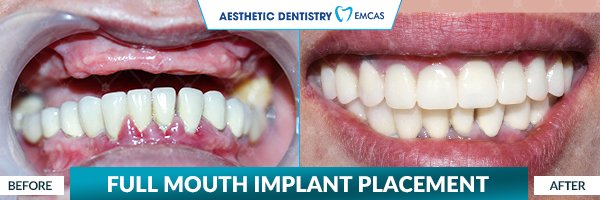
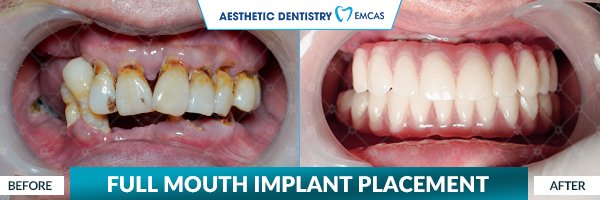
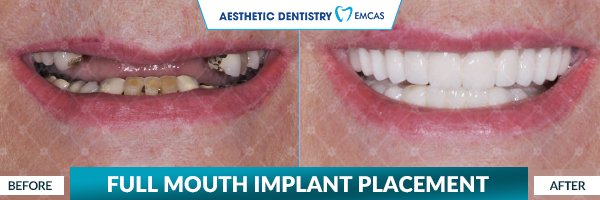
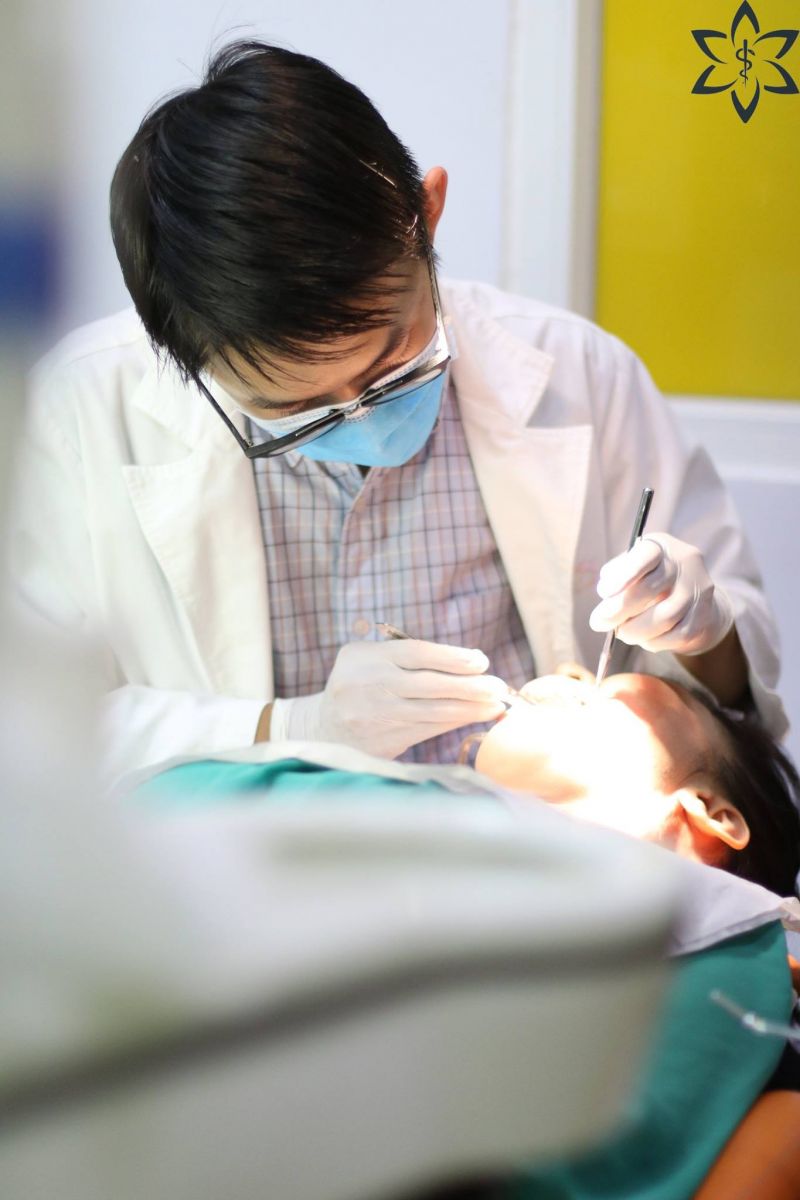
.JPG)
.JPG)
.JPG)
